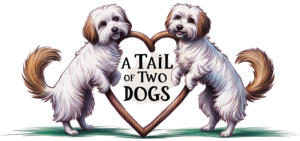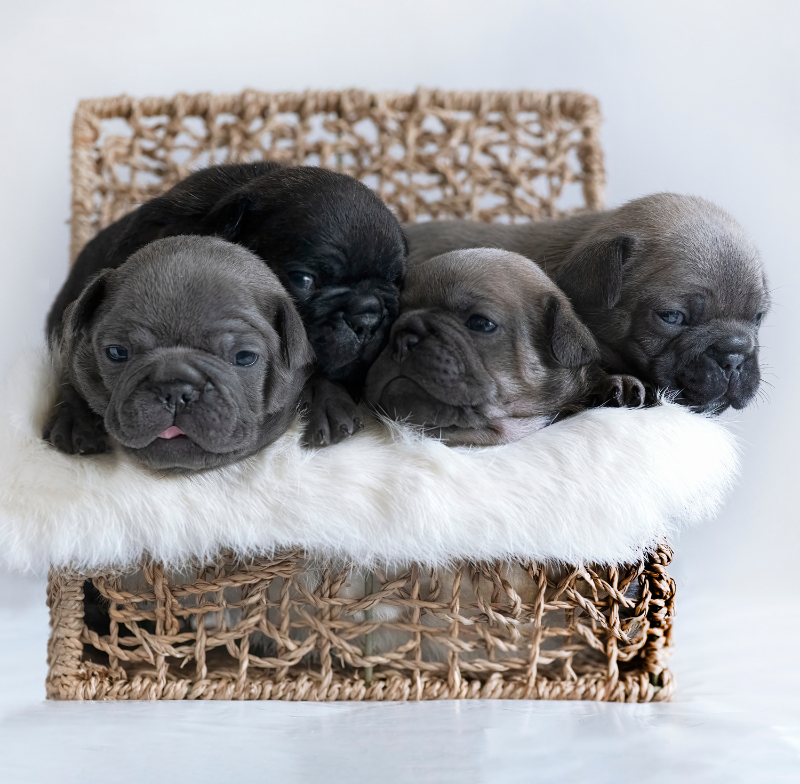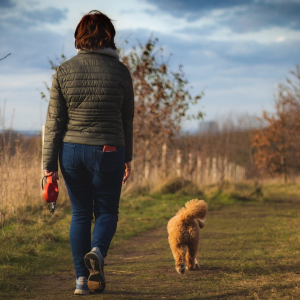By week 6, both the mother dog and her puppies are in a crucial developmental phase. The puppies are becoming more active and independent, while the mother is adjusting to the gradual weaning process. Proper care during this period ensures the health and well-being of both the mother and her litter. This guide will provide detailed information on what to expect and how to care for mum and puppies in week 6
Understanding Puppy Development in Week 6
At 6 weeks old, puppies are in the transitional stage between infancy and early adolescence. They are more coordinated, playful, and curious about their surroundings. Their senses are fully developed, allowing them to explore more confidently. This period is crucial for socialization as puppies learn essential skills from their mother, siblings, and human caregivers. Their teeth are fully erupted, making them more capable of chewing solid food, and their digestive systems are mature enough to handle a diet that includes dry kibble or soft food. Puppies also start to develop their unique personalities, making this a perfect time for behavioural training and introduction to new experiences.
Nutrition and Weaning Process
By the 6th week, puppies should be well into the weaning process. While they may still nurse occasionally, their primary source of nutrition should be solid food. Feeding high-quality puppy food that is rich in protein and essential nutrients is vital for their growth. Softening dry kibble with warm water ora puppy-specific milk replacer can help ease the transition. Feeding should be done four to five times a day in small portions. Ensuring that puppies have access to fresh water at all times is also important for their hydration. The mother may still offer occasional nursing, but her milk production will naturally begin to decrease as the puppies consume more solid food.
Caring for the Mother Dog
The mother dog needs special care during week 6 as her body adjusts to the reduced demand for milk production. Providing her with a high-quality diet that supports recovery and maintains her energy levels is crucial. Gradually decreasing her calorie intake as the puppies nurse less will help prevent mastitis, a painful infection of the mammary glands. Gentle exercises, such as short walks and supervised playtime, will help her regain her strength. Monitoring her behaviour and physical condition is essential to ensure she is recovering well. If she appears lethargic, shows signs of infection, or experiences sudden weight loss, consulting a veterinarian is recommended.
Socialization and Behavioral Training
Week 6 is a critical time for socialization, as puppies are highly impressionable and eager to learn. Exposing them to different sounds, textures, people, and gentle handling will help them become well-adjusted adults. Allowing them to interact with their littermates teaches them important social behaviours, such as bite inhibition and play etiquette. Introducing basic training, such as responding to their name and gentle corrections for undesirable behaviour, sets the foundation for future training. Positive reinforcement using treats and praise encourages good behaviour. Gradual exposure to different environments, such as a fenced backyard or indoor play areas, helps build their confidence and reduces fearfulness.
Health and Veterinary Care
Ensuring that both the mother and puppies receive proper veterinary care is essential in week 6. Puppies should have their first round of vaccinations, including protection against distemper, parvovirus, and hepatitis. They should also be dewormed to prevent intestinal parasites. Monitoring their weight gain and overall health will help identify any potential issues early on. The mother may also require a post-weaning checkup to ensure she is recovering well. If any of the puppies show signs of illness, such as diarrhoea, vomiting, lethargy, or loss of appetite, seeking veterinary care promptly is necessary.
Grooming and Hygiene Maintenance
Puppies at this age are more active and prone to getting dirty as they explore their surroundings. Regular cleaning of their living area helps prevent infections and keeps them comfortable. Using pet-safe wipes to clean their paws and fur when needed ensures good hygiene. If necessary, a gentle bath with puppy-friendly shampoo can be given, but it should be kept brief and the puppies should be dried thoroughly afterwards. The mother dog may still groom her puppies occasionally, but she will gradually reduce this behaviour as they grow more independent. Keeping their bedding clean and providing a designated potty area will help reinforce good hygiene habits.
Preparing for Future Homes
By week 6, responsible breeders and pet owners should begin preparing for the transition of puppies to their forever homes. This includes gradually exposing them to crate training and introducing them to car rides to make their eventual move less stressful. Potential adopters should be screened to ensure they can provide a safe and loving environment for the puppies. Providing new owners with information about the puppy’s diet, vaccination records, and training progress helps facilitate a smooth transition. If the puppies are staying longer than eight weeks, continuing their socialization and training ensures they develop into well-adjusted dogs.
Providing a Safe and Stimulating Environment
A safe and stimulating environment is essential for the well-being of both the mother and her puppies. Ensuring that the play area is free from hazards such as sharp objects, toxic plants, and small items that could be swallowed prevents accidents. Providing appropriate toys that encourage mental stimulation and physical activity helps keep the puppies engaged. Supervised outdoor playtime in a secure area allows them to explore safely. The mother dog should have a quiet space where she can retreat and rest when needed, as she may still require time away from her growing puppies.
Managing Energy Levels and Sleep Patterns
At 6 weeks, puppies are highly energetic and require ample playtime to develop coordination and social skills. However, they still need plenty of rest to support their growth. Ensuring they have a comfortable and quiet place to sleep helps them recharge. Puppies typically sleep 16 to 18 hours a day in short intervals. Encouraging structured play sessions followed by rest periods helps regulate their energy levels. The mother dog will naturally guide them in learning when to play and when to rest, but providing a consistent routine reinforces healthy habits.
Handling Separation Anxiety
As puppies become more independent, they may start experiencing mild separation anxiety when away from their mother or littermates. Gradually increasing their time spent alone and introducing comforting items such as blankets or soft toys can help ease the transition. Encouraging self-confidence through positive interactions and gentle reassurance helps prevent future anxiety-related behaviours. If a puppy is particularly clingy or vocal when separated, providing distraction through toys and engaging activities can help them adjust.
Caring for mum and puppies in week 6 requires a balance of proper nutrition, socialization, veterinary care, and a safe environment. The mother dog continues to play a vital role in her puppies’ development while also recovering from nursing. Puppies are at a crucial stage where they learn essential life skills and begin their transition to independence. By providing the right care, pet owners and breeders can ensure that both mum and puppies thrive during this important period. Whether preparing for adoption or continuing their upbringing, the efforts made during this stage will have a lasting impact on the puppies’ well-being and future development.
Discover more from A Tail of Two Dogs
Subscribe to get the latest posts sent to your email.





Leave a Reply